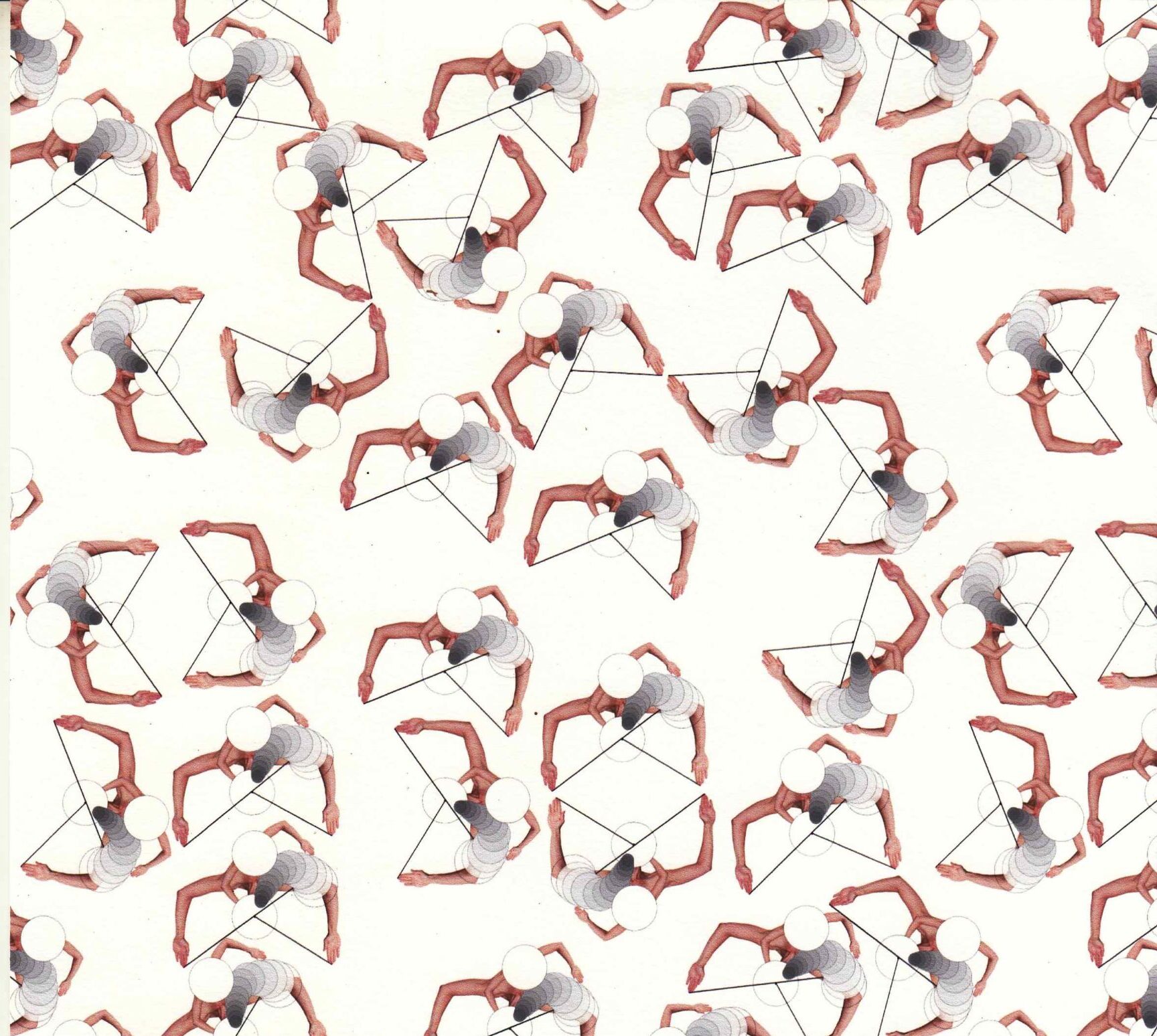
19 May Our Masters
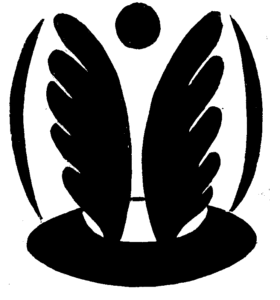
Ko Un – Korea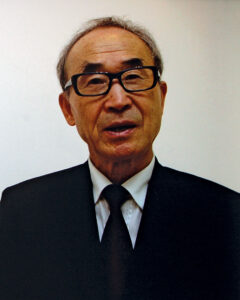
Ko Un has long been ‘a living legend,’ ‘a phenomenon,’ and ‘a national treasure’ in Korea, both as a poet and as a person. Allen Ginsberg once wrote, “Ko Un is a magnificent poet, combination of Buddhist cognoscente, passionate political liberation, and naturalist historian.”
Ko Un is widely acknowledged to be Korea’s foremost contemporary poet with an immense literary achievement of 160 books, out of which more than 70 are poetry books including 30-volume Maninbo (Ten Thousand Lives).
Ko Un manifested an immense diversity; epigrams of a couple of lines, long discursive poems; epic; pastoral; and even a genre of poems he has himself created, which is termed popular-historical poem.
Ko Un is often called Ko Uns instead of Ko Un by literary critics because of his incredible active volcano of productivity. He writes poetry as he breathes, a literary critic once said: “Perhaps he breathes his poems before putting them to paper. I can imagine that his poems spring forth from his enchanting breath rather than from his pen.”
Ko Un wants to make his entire life, even his grave, a poem, refusing himself to be imprisoned by the effort to write poetry as an end itself. That’s why most literary critics agree that his poems have attained the great liberation from the language.
He has received dozens of prestigious literary awards and honours at home and abroad, and more than 80 volumes of translations of his work have been published in about 35 foreign languages, Oriental and Western.
Ko Un is often acclaimed as one of the most important leading poets of the world, and he has been invited to about 100 international poetry and literature festivals and conferences.
For detailed information, see www.koun.co.kr
1.
In the word
‘Peace’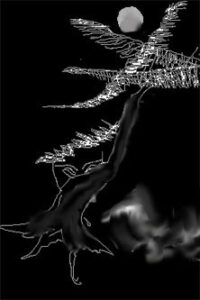
I see
bloody corpses.
In the word
‘Peace’
I see scenes
of blazing shells in deepest night.
Didn’t they acclaim it as fireworks on Christmas Eve?
In the word
‘Peace’
I see invasions and exploitation.
In the word
‘Peace’
I see oil.
In the word
‘Peace’
I see American airbases in Central Asia.
We will have to look for another word,
long obsolete or
newly minted,
a word no one uses.
Perhaps, the ‘Shanti’ of a dead language, Sanskrit,
the ‘Kita’
of Malaysia,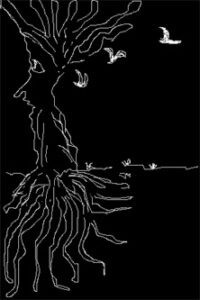
that quiet peace,
peace for us all.
Also, the ‘PyeongHwa’ of Korean language,
the morning peace that sustains those ordinary days
when fathers die ahead of their sons.
2. The Poet
For a long time he was a poet.
Children
called him a poet and
women did too.
Surely he was a poet
more than anyone.
Even the pigs and the boars
grunted him poet.
He died returning from a distant land.
In his hut here was not one word of poetry.
Was he a poet who didn’t write?
So a poet wrote a poem for him.
As soon as the poem was written,
the wind blew it away.
Then all the poems of the East and the West, old and new,
flew away, swish, swish,
every one followed suit.
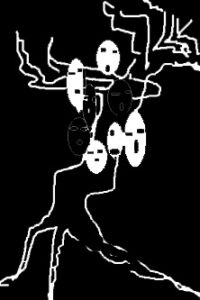
3. Peace
Three-thousand-year village.
Son’s
son’s
son’s
son’s
son’s
son’s son’s village.
Village with its once-every-three-years’ pastime
Of quarrelling about water-rights for upper and lower paddies.
Village with its bowl of reconciling makkeolli
in the tavern on the outskirts
In such a village
Everyone
Anyone
Was uncle, younger brother, aunt, sister,
While Sun-cheol who got stung by a bee was elder brother.
I have never experienced any peace
But that peace
I was the enemy of peace. Gag me.
4. A Certain Joy
What I am thinking now
is what someone else has already thought
somewhere in this world.
Don’t cry.
What I am thinking now
is what someone else is thinking now
somewhere in this world.
Don’t cry.
What I am thinking now
is what someone else is about to think
somewhere in this world.
Don’t cry.
How joyful it is
that I am composed of so many ‘I’s
in this world, somewhere in this world.
How joyful it is
that I am composed of so many others
Don’t cry.
5. Farewell
How could we be blessed with pleasure alone
by the grace of Venus, the evening star?
We should overcome this breathless critical moment,
by accepting pain and sorrow.
And so
by the wisdom of Venus, the morning star,
we lock,
we open,
and send today’s coronavirus away.
Farewell,
take with you my wicked civilization’s virus.


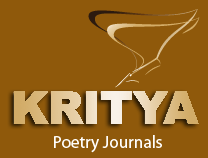

No Comments